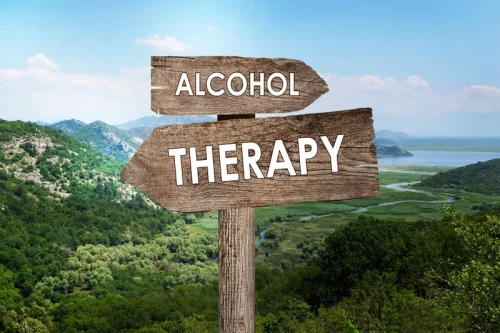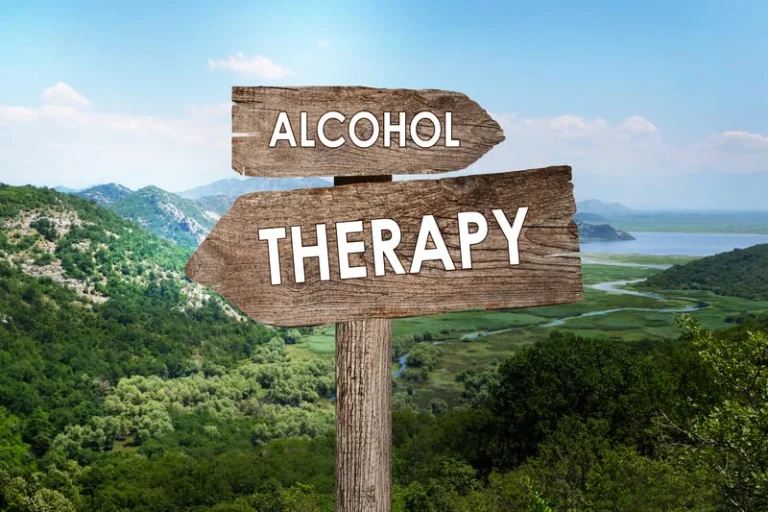Buckle up and get ready to discover how a thankful mindset can transform your journey towards long-lasting recovery. Gratitude PracticeDescriptionKeeping a Gratitude JournalWriting down things one is grateful for daily can help solidify the habit of appreciating the positive aspects of life. Techniques like mindfulness in addiction recovery can help individuals focus on the present and acknowledge what they appreciate in their lives. The journey to sobriety is filled with challenges, but incorporating gratitude into your daily life can be a powerful catalyst for positive change. By focusing on gratitude, you can enhance your mental health, build resilience, and foster supportive relationships that are crucial for long-term recovery. Remember that each moment of appreciation reinforces your commitment to sobriety and opens the door to a fulfilling life.
The importance of personalized addiction treatment plans
Also, having a grateful heart teaches us to love and respect ourselves—that we are worthy of receiving love—and enables us to give love and respect back to others. Incorporating gratitude into recovery practices can create a cycle of appreciation, contributing to a more supportive community. Activities like group gratitude exercises or volunteering help build a sense of belonging. This collective gratitude not only enhances individual recovery journeys but also strengthens community gratitude in recovery ties, encouraging a nurturing environment that supports recovery efforts. When individuals articulate appreciation toward their support networks, it fosters deeper relationships.
The Role of Gratitude in Long-Term Sobriety
This chemical response not only boosts mood but also helps reduce feelings of social isolation, encouraging stronger connections in recovery environments. One of the simplest yet most effective ways to practice gratitude is by keeping a daily gratitude journal. Take a few minutes each morning or evening to write down three things you are grateful for.
Deepens Emotional Connections
Nothing will ever be “perfect”, and challenges can be used to grow, learn, and even to give you a better perspective on good things in your life. On the other hand, there is gratitude which promotes a positive outlook and attitude. Substance use disorder treatment experts agree that gratitude positively influences your chances for a successful recovery. If you come through addiction without major health problems or if recovery motivates you to work on health problems, these are reasons to be grateful.
- Gratitude works by rewiring the brain and increasing levels of dopamine and serotonin, which are responsible for regulating emotions.
- This can help us to see the world through a more positive lens and inspire us to make changes that benefit not only ourselves but those around us too.
- Now that you know what practicing gratitude is and how it can help you, here are eight easy ways to incorporate it into your recovery journey.
- But like anything else, we can work on developing an “attitude of gratitude” in recovery until it becomes a habit.
Whether it’s recovery from addiction, mental health struggles, or another life challenge, it demands resilience, commitment, and self-compassion. While the path can feel overwhelming at times, gratitude is a powerful tool that can make the process more manageable and meaningful. Practicing gratitude through activities like journaling, expressing appreciation to others, or mindfulness techniques reduces common recovery stressors such as anxiety and depression. These practices strengthen emotional stability and foster a sense of belonging by enhancing relationships and building trust with support networks.
What are some practical strategies for incorporating gratitude into recovery programs?
Gratitude encompasses various aspects of life, including relationships, feelings, and opportunities, which contribute to a healthier recovery journey. This creates a virtuous cycle of positive thinking that can improve mental and emotional health. As someone who has personally experienced addiction recovery, I can attest to the transformative power that gratitude can have on the journey towards sobriety.
What Is Addiction Awareness Month?
Gratitude acts as a reminder of the joys gained through sobriety, enhancing motivation and resilience when faced with challenges. Gratitude plays a crucial role in fostering social connections among individuals in recovery. By expressing appreciation, people strengthen their bonds with family, friends, and peers. This interconnectedness is essential for emotional support, which is vital during the recovery journey.
National Recovery Month Emphasizes Healing and Growth
It fosters hope, strengthens relationships, improves emotional well-being, and significantly enhances your ability to maintain long-term recovery. While the benefits of gratitude in recovery are clear, it’s important to acknowledge that cultivating this practice isn’t always easy, especially in the early stages of sobriety. Addiction can leave individuals feeling raw, overwhelmed, and deeply entrenched in negative thinking patterns. There are common barriers that can make practicing gratitude feel forced, inauthentic, or even impossible at times.
Gratitude will help you seek out these connections and communities, find and feel value in them, and share positive, connecting sentiments with people who have earned your trust. Practicing gratitude means recognizing the good in your life and paying it back. It’s more than just noticing the good but identifying the external sources of goodness. Whether it is other people or a spiritual Sobriety higher power, goodness in your life comes from the outside. While there are many things that you can be grateful for, many people spend a considerable amount of time looking for big or important things that have meaning.
- No matter what stage our guests enter treatment, we strive to meet them right where they are.
- Embracing gratitude not only aids in recovery but also highlights the importance of recognizing and appreciating both tangible and intangible aspects of life.
- This shift in focus helps not only in emotional healing but also boosts self-esteem and strengthens a sense of purpose.
- Overall, cultivating gratitude helps build mental resilience, emotional balance, and support systems, making it easier to face challenges and stay committed to lifelong sobriety.
- Whether it’s through volunteering or simply offering support to someone else in recovery, acts of kindness are a powerful way to reinforce gratitude.
How to Stay Committed to Sobriety in the Face of Challenges
Continuing to express gratitude can improve the way individuals handle negative experiences and emotions that arise during their recovery journey. As stated by Ashley Addiction Treatment, gratitude serves as a healing salve, contributing to joy while positively impacting those who break free from substance use. This influential positivity can radiate outward, helping others who may be on a similar path 4.




